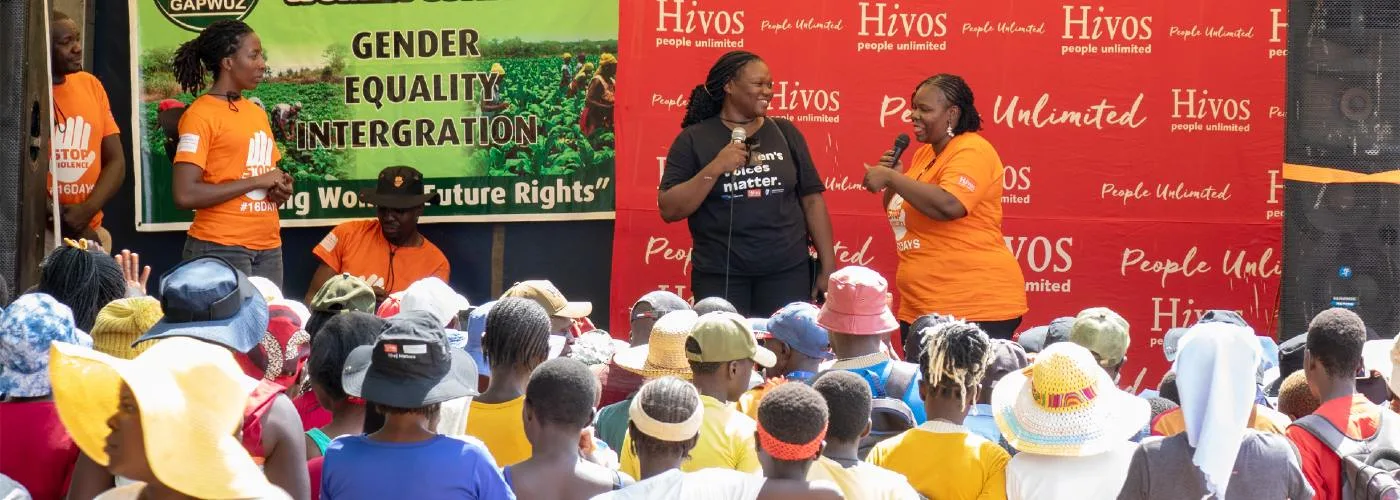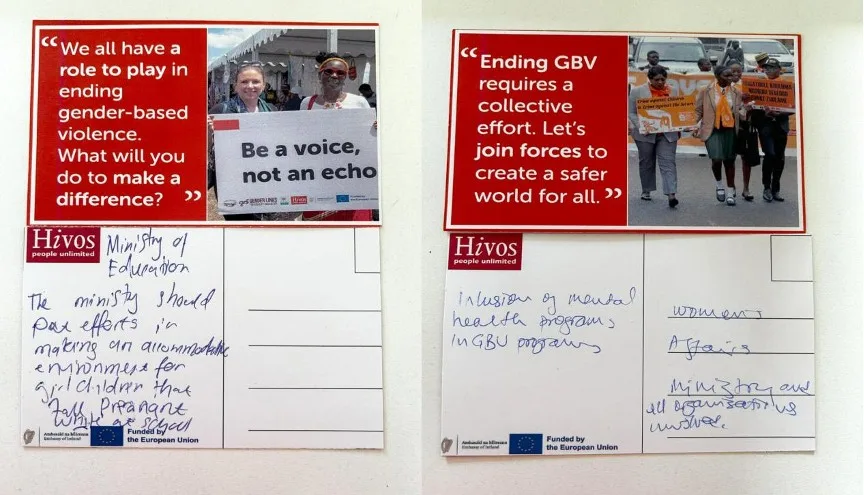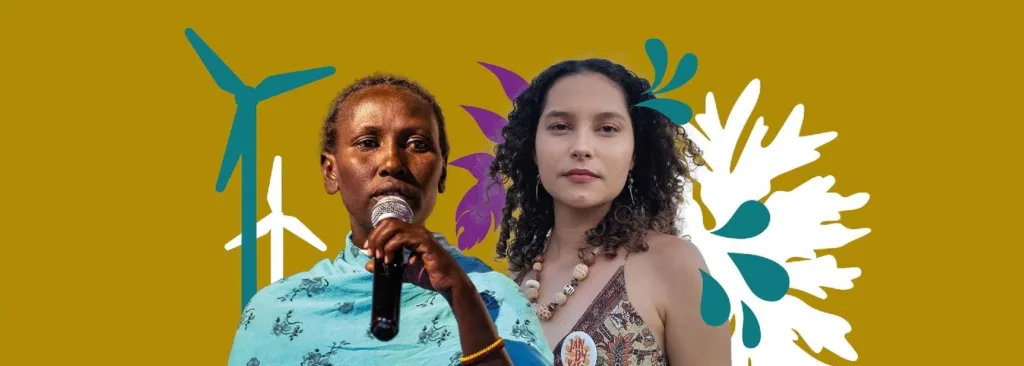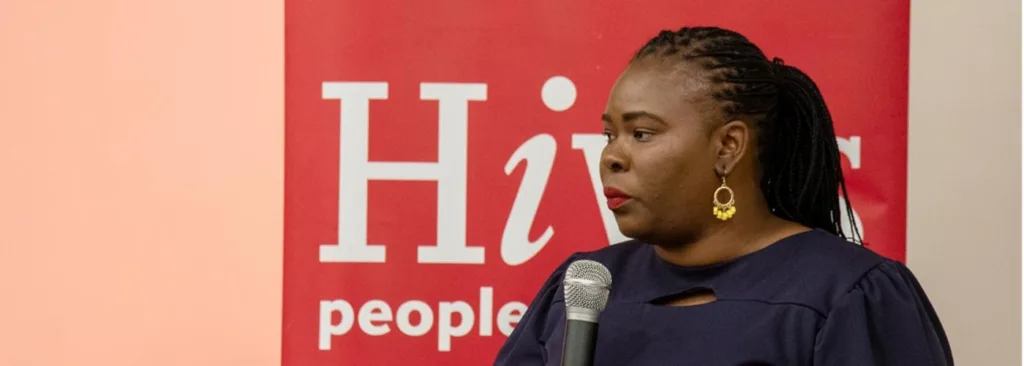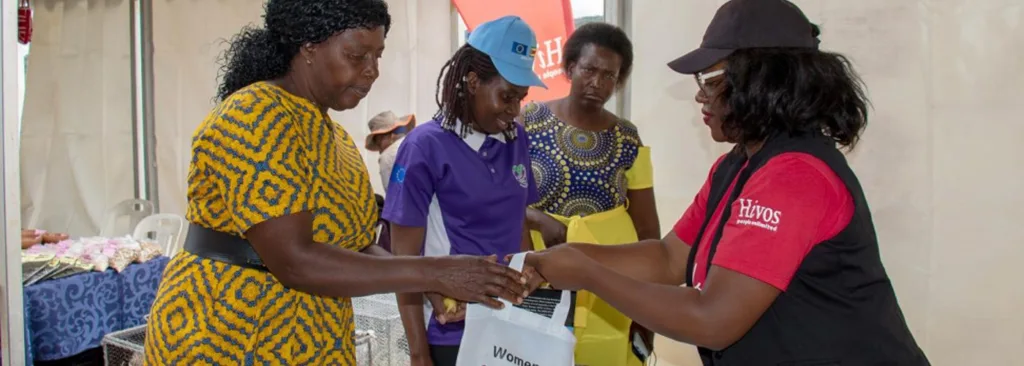Last November and December, Hivos Southern Africa’s women’s empowerment team sprinted toward the 2023 finish line in culmination of our women’s rights advocacy efforts for the year.
Through initiatives with our partners – like observing the UN’s #16DaysofActivism campaign and Human Rights Day, among others – we reaffirmed our mission to empower marginalized women, girls and communities and to amplify their voices. Let’s take a look at some of these activities leading up to the close of 2023.
Exhibiting with the Netherlands Embassy
The #16DaysofActivism campaign in particular serves as a powerful reminder of our collective responsibility to create a world free from violence and discrimination against every gender, especially women and girls.
Our Women and Youth Inclusion for Equality project joined a Netherlands Embassy event during #16DaysofActivism to showcase the work we do in empowering women and girls. Our exhibition featured stories of inspiring women and young people who have benefited from our programs.
Visitors to the Hivos stand shared how they support the efforts of the government and civil society in Zimbabwe to combat gender-based violence. For example, one group of visitors mentioned that they were working as volunteers with organizations (such as Musasa Project) that deal with GBV in their communities. Another group highlighted that they had engaged the Ministry of Women Affairs in trying to build a partnership to create space for men and boys to become active in preventing GBV. They also shared advocacy messages on postcards addressed to duty-bearers.
The event underscored the significance of supporting women’s empowerment and political participation, especially after the devastating 2023 national election results – which saw even fewer women elected into office than in 2018.
Read our newsletter on women’s election campaign experiences here
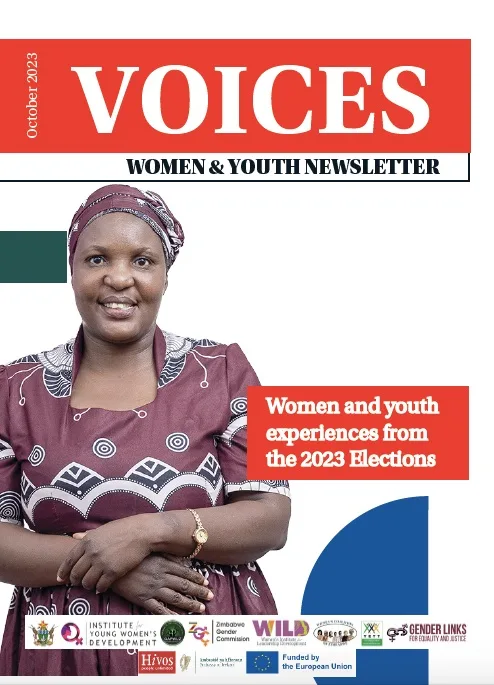
Solidarity with women in Seke
In partnership with Musasa Project, our Women and Youth Inclusion for Equality project also visited women in Seke, Zimbabwe, to raise awareness about the effects of gender-based violence (GBV). The program included informative sessions on how to protect oneself from GBV, the importance of education, and the need to report any forms of violence to the authorities.
The event was a safe space for participants to share their experiences and concerns, fostering a sense of solidarity and support among the women. Musasa and the Zimbabwe Republic Police’s Victim Friendly Unit chimed in on conversations with the women and girls attending. Discussions centered around ways to prevent GBV in homes and amongst future generations.
Taking messaging to rural areas
Our new S(h)e Matters program, in partnership with the General Agriculture and Plantation Workers’ Union in Zimbabwe (GAPWUZ), held a roadshow in Mvurwi, Zimbabwe. The over 300 farm workers in attendance joined in discussions about GBV and how to encourage reporting of sexual harassment within the workplace. The event brought together women from diverse backgrounds, providing a platform for them to voice their concerns and challenges.
Hivos Southern Africa’s Regional Director, Nana Zulu, emphasized the need to recognize that GBV can take many forms beyond physical abuse. She encouraged the women to report any instances of violence and seek help when needed.
“Gender-based violence can also be in the form of economic abuse, where women are not being paid what they should earn or when men continuously and unfairly take from women’s earnings. We need to champion women’s rights and empower them to challenge the unequal power relations that fuel GBV. We need to work together with partners, governments, communities and the police to prevent and respond to GBV and mitigate its harmful effects,” Nana said.
Looking ahead
As we enter 2024, we are cautiously optimistic about the opportunities that lie ahead. Although wary about the implications of fewer women participating in the last elections, we hope that our work will make a positive difference five years on in the next polls. We are clear-sighted about the challenges we face, but have faith that our and our partners’ track record of promoting self-determination and responsible citizenship will win out in the end for women and girls in Southern Africa.

